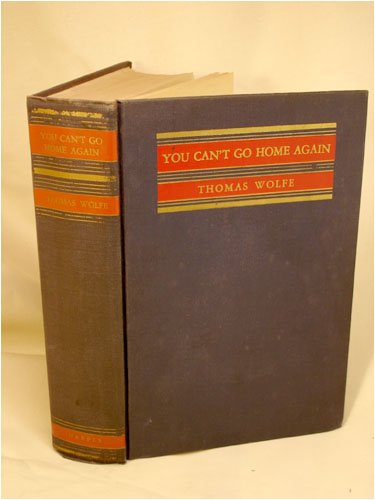I have a confession. I was never exposed to most of the world’s best literature in high school. Except for Mr. DeAngelis’s English class, where Shakespeare came alive, I have spent, much like disposable income, the personal time left over from life’s obligations, playing catch up with the rest of society by reading “the classics.”
Of course, no two lists of “Top 100 Books of All Time” are the same, but there is enough similarity between them all to create a market basket of tomes from which I feed. In fact, I was as condescending and derisive about Audible.com (“Nobody has read to me since I was a toddler. I can read by myself now!”) as I was about Toy Story‘s computer generated animation (“this is an abomination. Walt Disney must be rolling over in his grave!”). However, two things changed my mind. First, I loved Toy Story. Indeed, as always, it is the story that must first captivate us. The medium is secondary. (Also, Walt Disney was a pioneer in animation and, I think, would have embraced digital animation and become its greatest ambassador.) Second, my new job necessitates a one hour commute each way, five days a week. After several months, I found FM radio repetitive and AM radio repulsive. Enter Audible.com. For two hours a day I am able to immerse myself in another world, worlds created by the best authors humanity has ever known, allowing me to purge road rage and traffic jams from my thoughts as I move from one masterpiece to another. This “disposable time” is now my refuge.
I am also addicted to the internet and the instant access to information. As anyone who has read any article here knows, there are seldom entries made without various quotes or references from other sources. The smartest people know they are not smart and never stop learning. Who am I to think any different? I know I am not as smart as them!
So, it was with apprehension that I accepted the challenge posed to me by my son to write a post about a singular passage from the Bible “with this as your only inspiration. No quotes, research, other opinions. Just your reaction/thoughts.” Here, then, is my only source:
“I do not nullify the grace of God, for if righteousness comes through the law, then Christ died needlessly.” – Galatians 2:21
My first task is to understand the quote, excised from context. With my only clue being that it came from the Bible, I can make certain assumptions. The first being that the writer is religious and therefore considers God’s law above man’s. This spawns several thoughts.
First, although all civilizations are manmade, the majority of them are based on a morality based in some religious teaching, whether Christianity, Islam, Buddhism, or some other geographically concentrated religion. If this be so, then the quote is not altogether honest in its division of God’s law and man’s. Here in the United States, the religious right is always describing how this country was founded on Christian principles (Whether this has led to the systematic exclusion of “others” with different beliefs (here in the land of the free) is a discussion for another day). Therefore, if this country was founded on Christian beliefs, then the difference between God’s law and man’s is negligible and the argument moot.
Second, is this quote not a concatenation of two very different concepts? Whether righteousness comes from man’s law or God’s, that is not, as I understand it, the reason Christ died. Is not Christianity based on the concept that God sent his only son to earth with the expectation that he would be crucified for our sins? Again, as I understand it, repentance, even on one’s death bed after a life of debauchery and sin, grants one the proverbial “golden ticket” to everlasting paradise in heaven. If this be so, then neither God’s law nor man’s has any bearing on righteousness as long as one repents at the final hour. And if this be so, then why is there civilization at all? Why not selfish chaos all over the world? Is there a base level of kindness and compassion captured in no “law” other than our own desire to live, provide and thrive? Is compassion the “righteousness” referenced in the passage?
Finally, this quote, or the concept it attempts to convey, has been used (bastardized) countless times over the course of humanity’s time on this earth to disregard man’s law under the assumption one is doing “God’s will.” If one believes man’s law can be superseded by God’s, then the legal system of a civilization no longer carries any weight on the consciousness of the criminal. Think of the Crusades or the Nazis or any of the countless nitwits on Twitter calling for the execution of President Obama because he is some kind of socialist usurper working to overthrow the republic in some Islamic globalization fantasy. Delusion (and a belief in a “higher law” as absolution) is the hallmark and calling card of the anarchist. But this does not make their actions righteous.
In summary, I think this quote is misguided and disingenuous. It attempts to assimilate the reason for Christ’s death with a link between God’s law and man’s that cannot be divided. Again, this is all taken out of context with no research or context, but too often, Bible quotes are taken out of context in order to “prove” a point. In what other book can one simply quote a chapter number and verse number in order to prove one’s superiority over another (less-read) human? I’ll keep reading.

